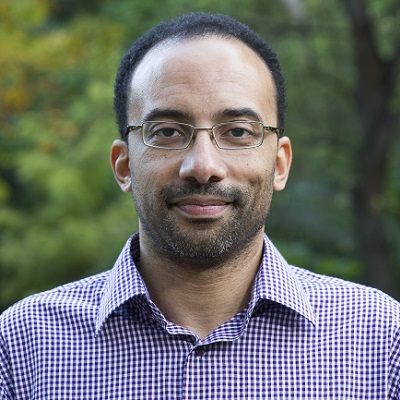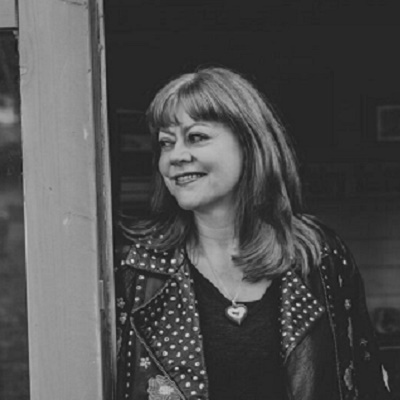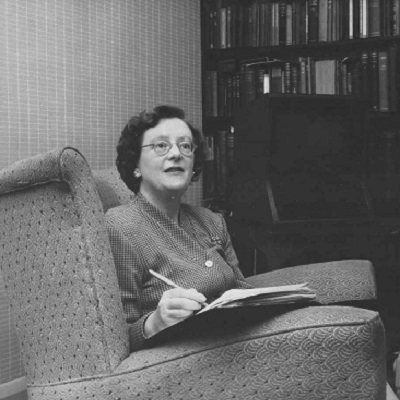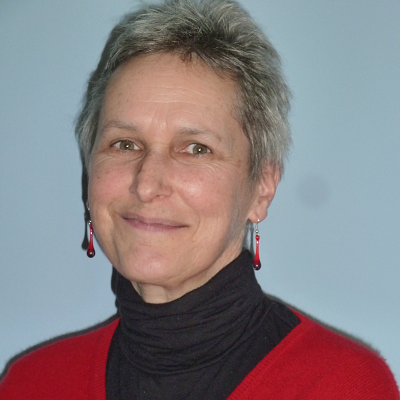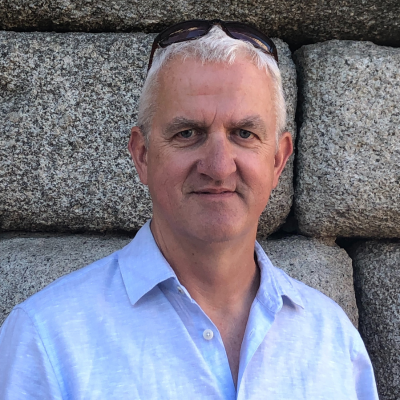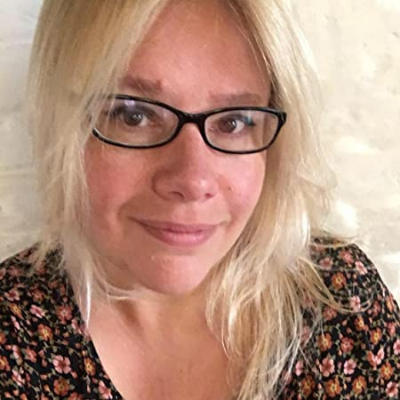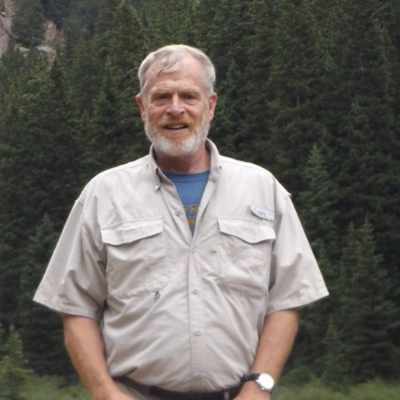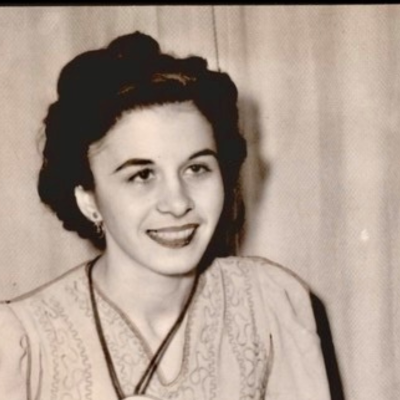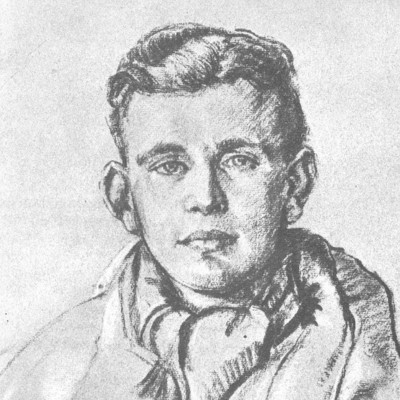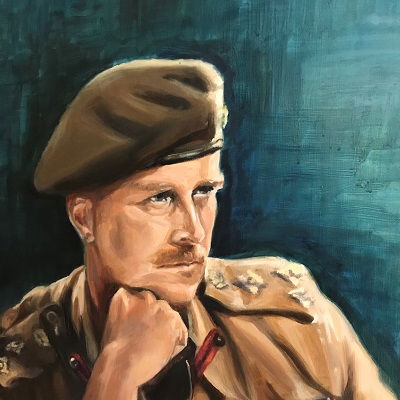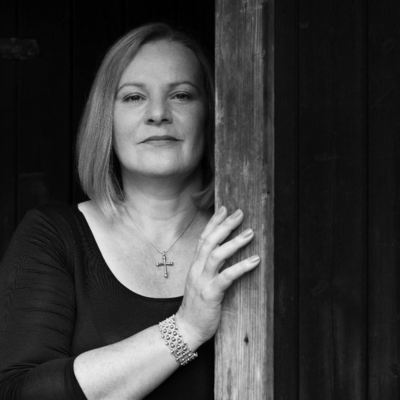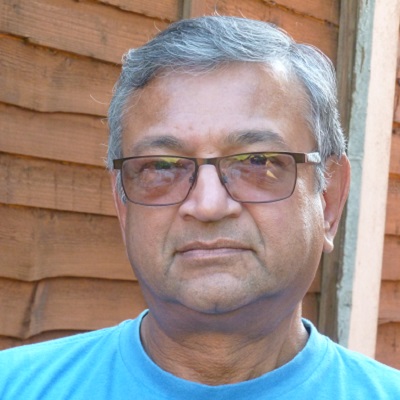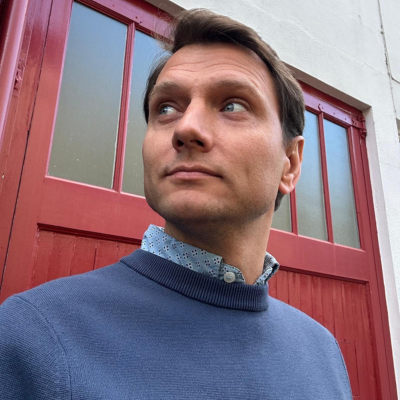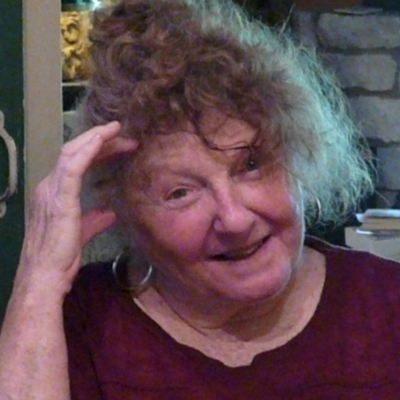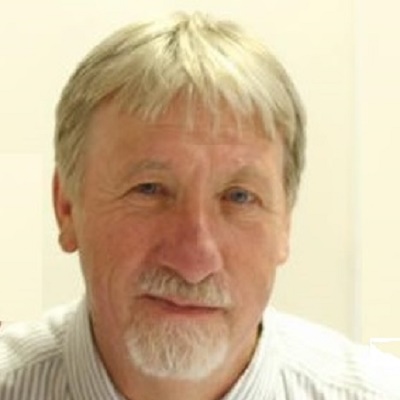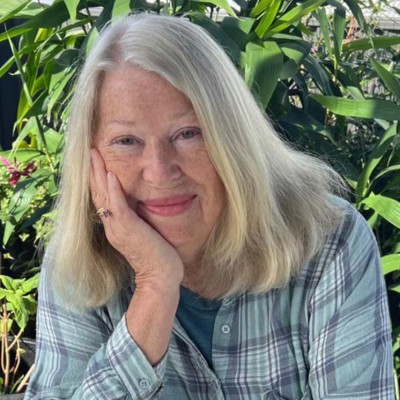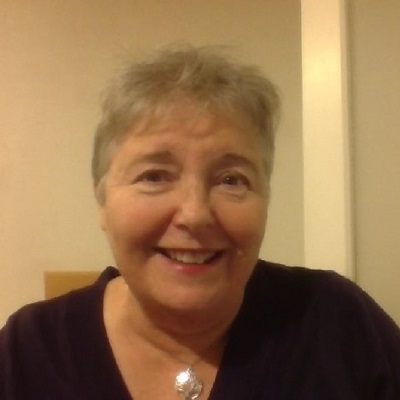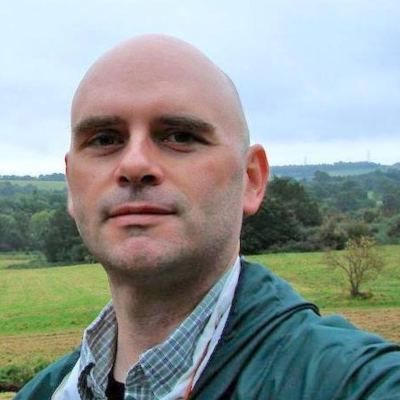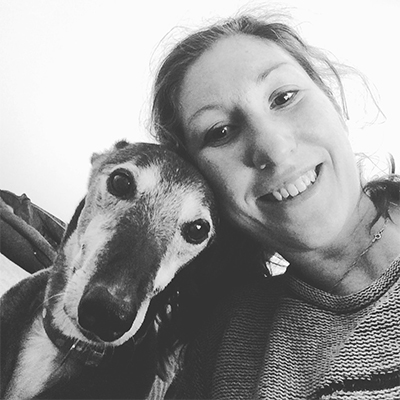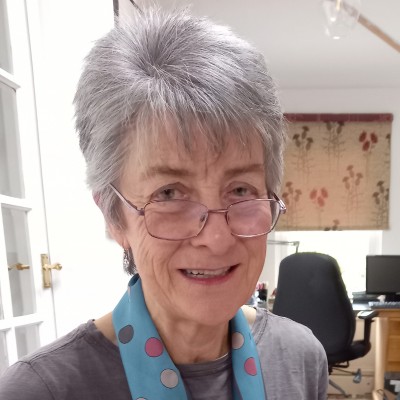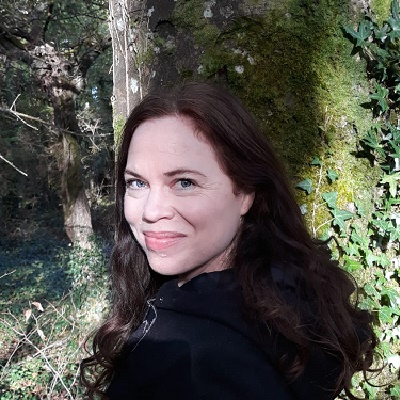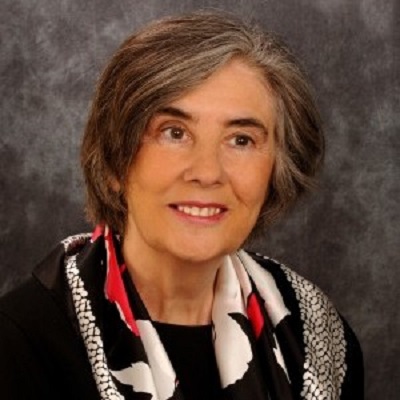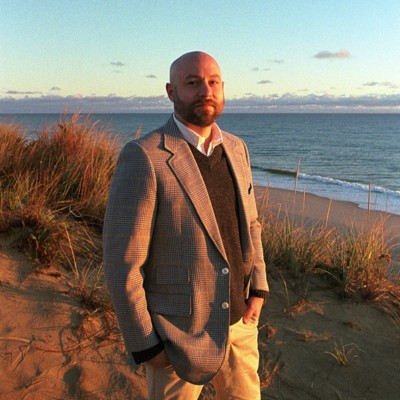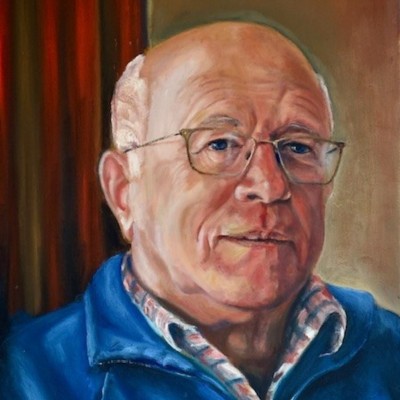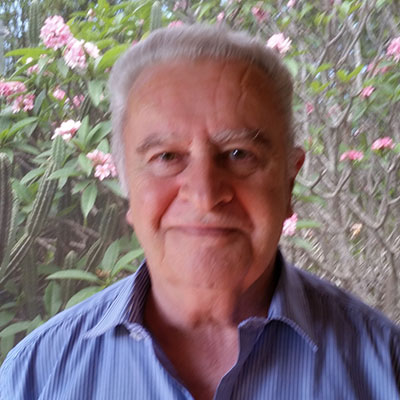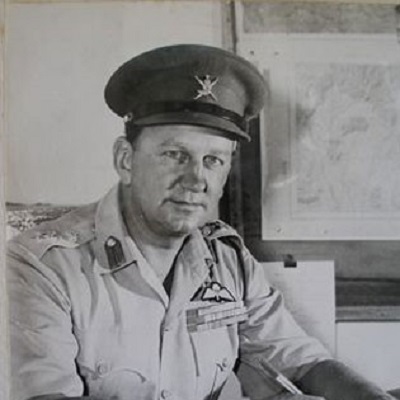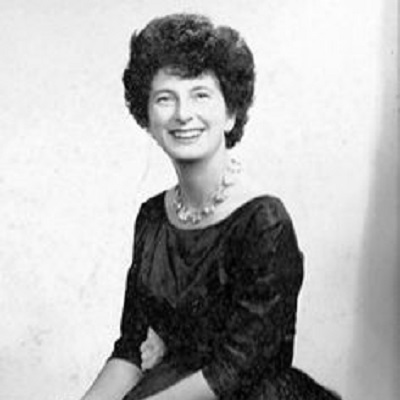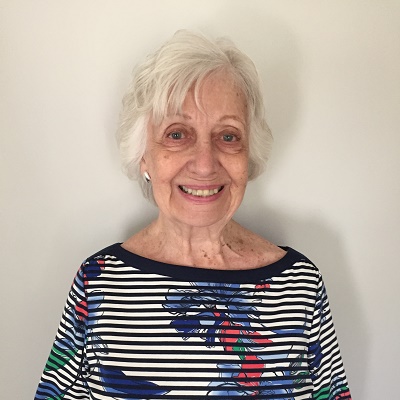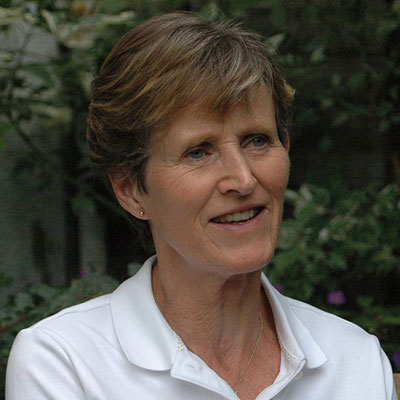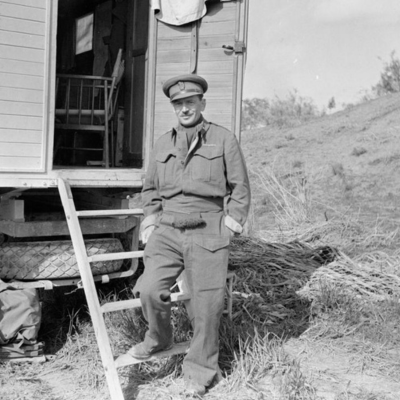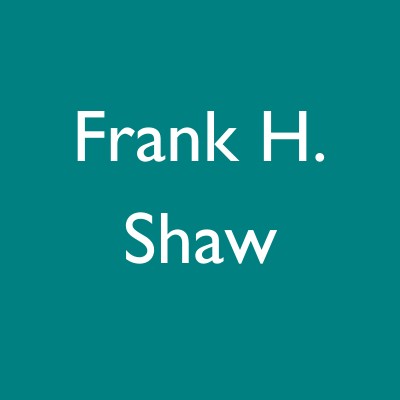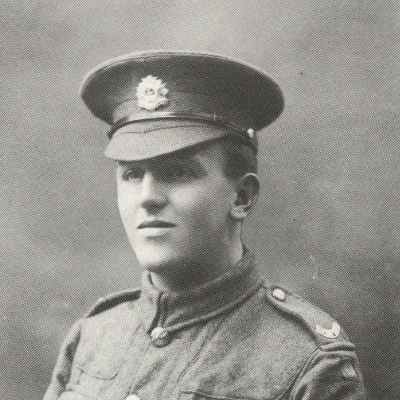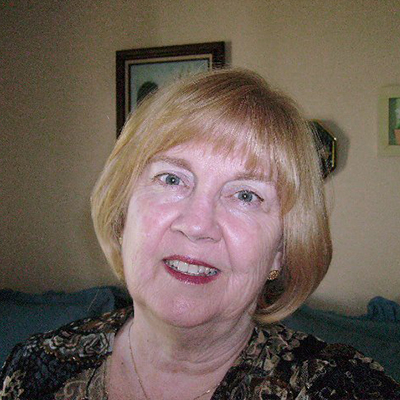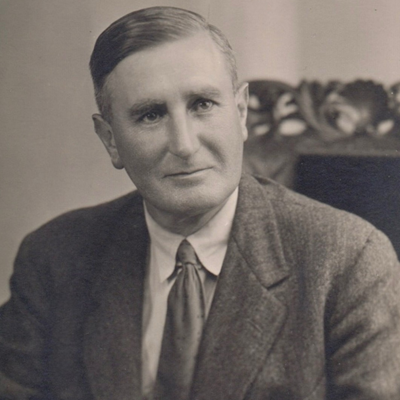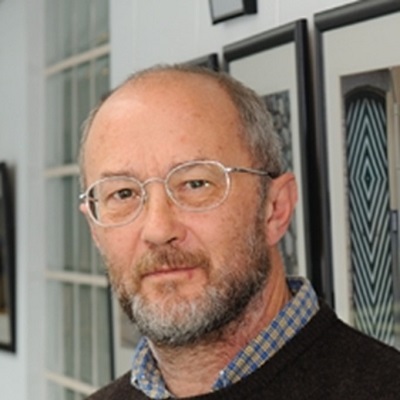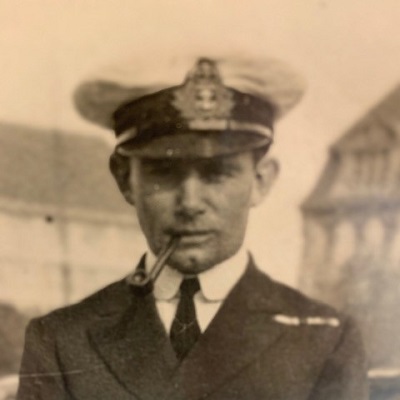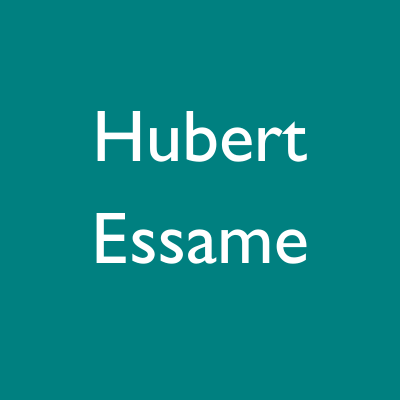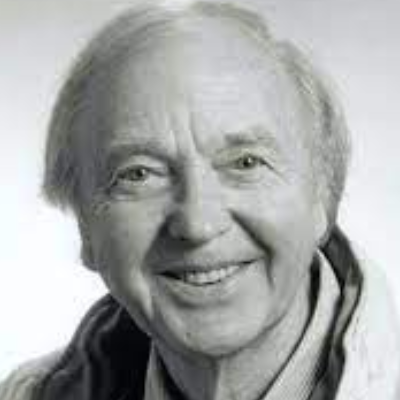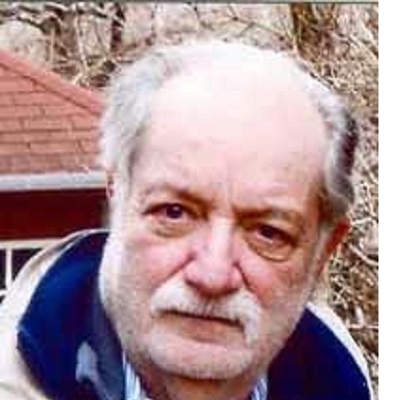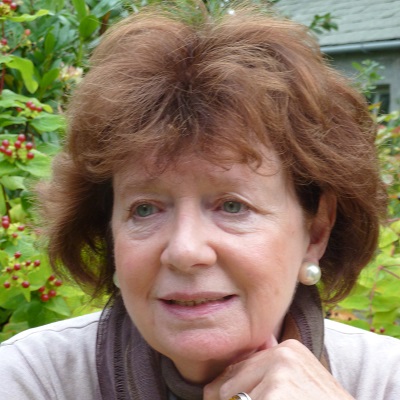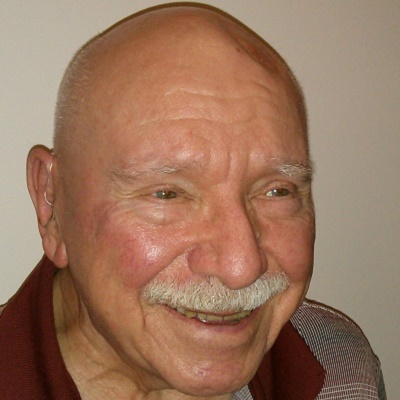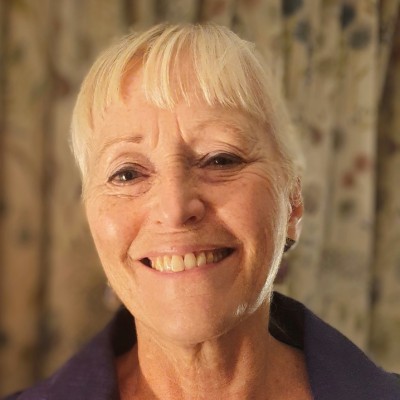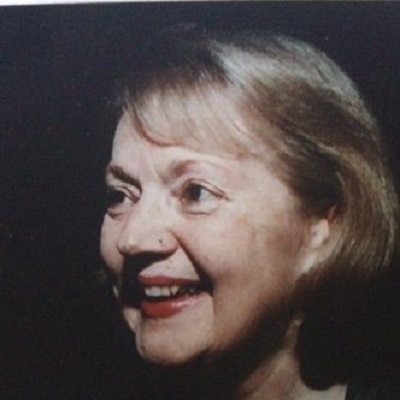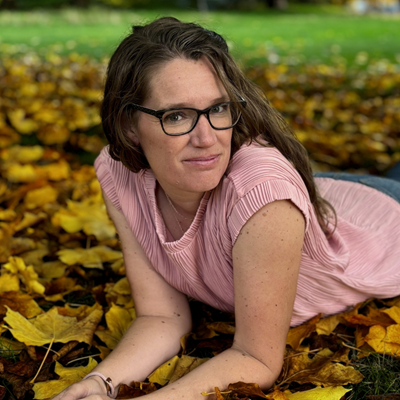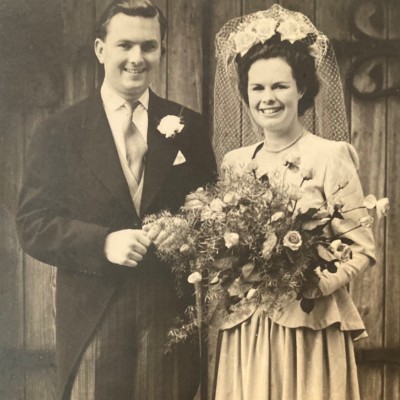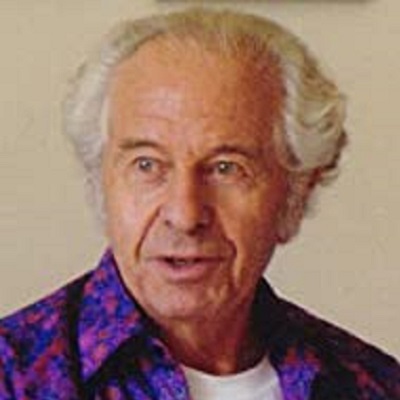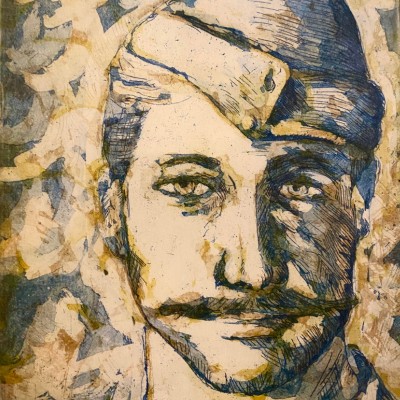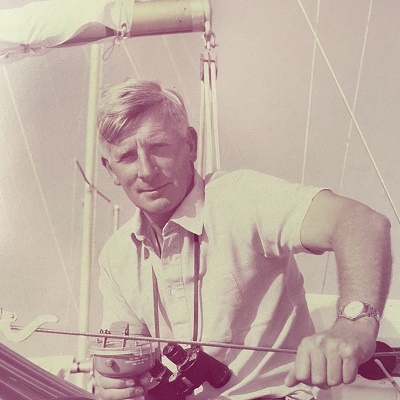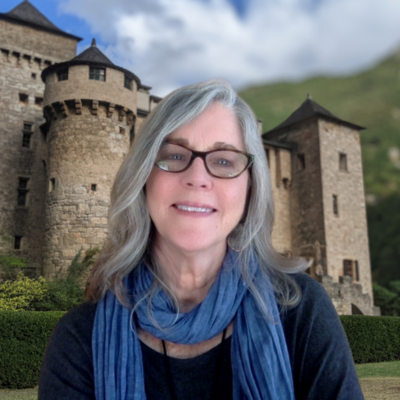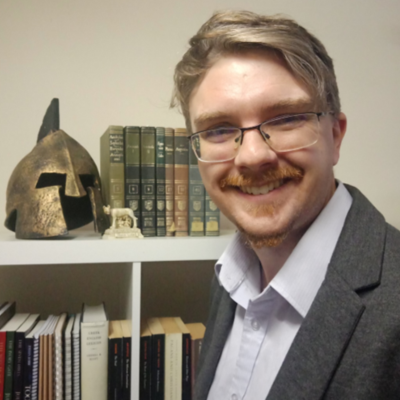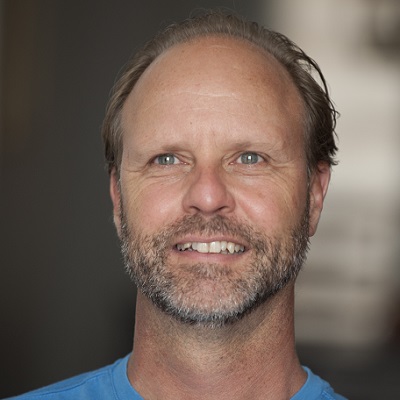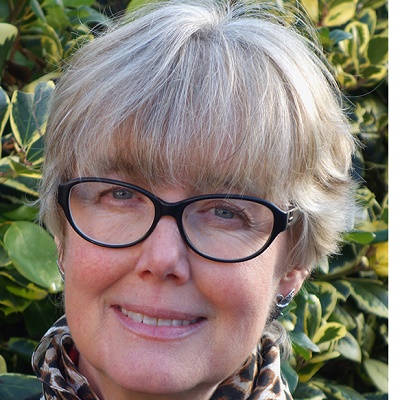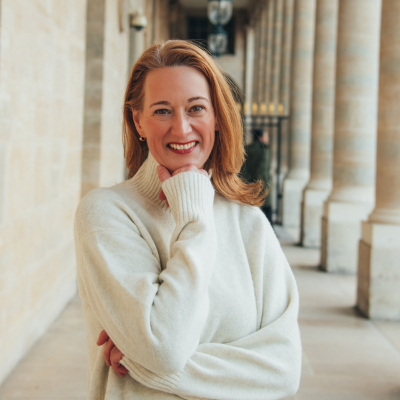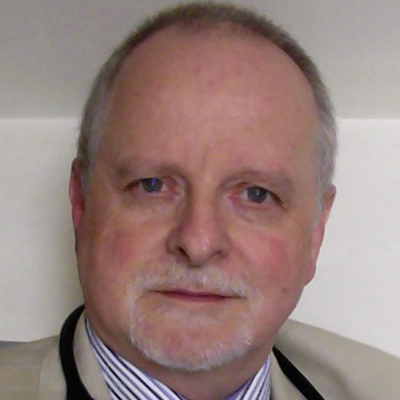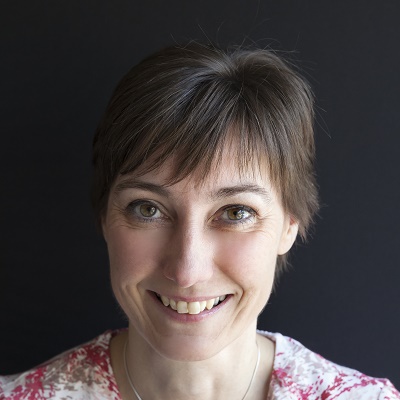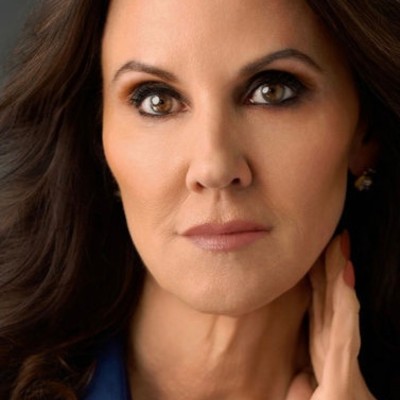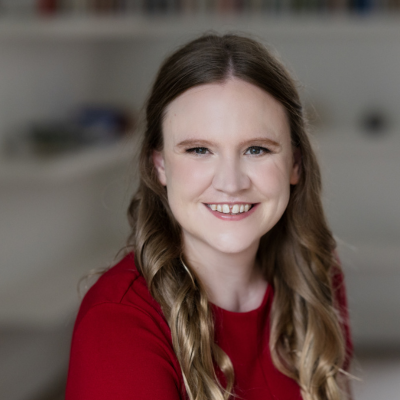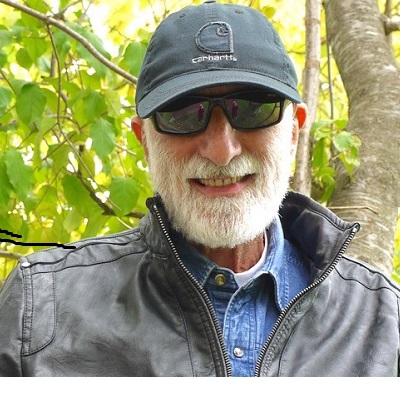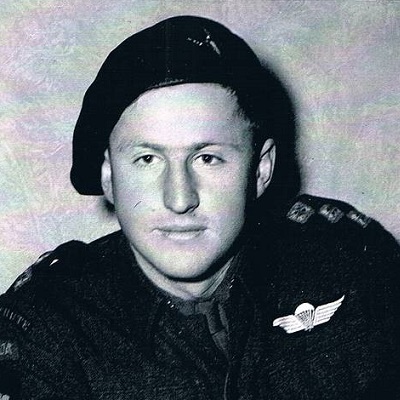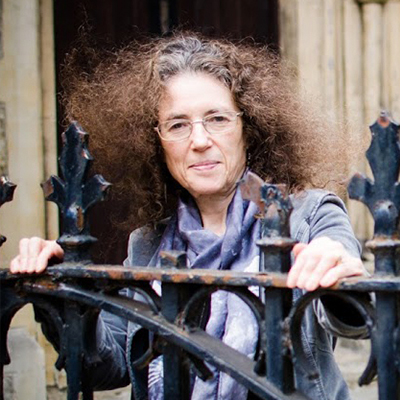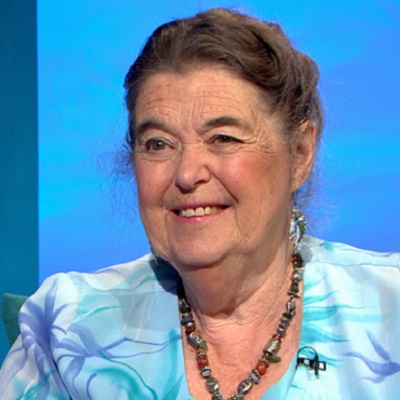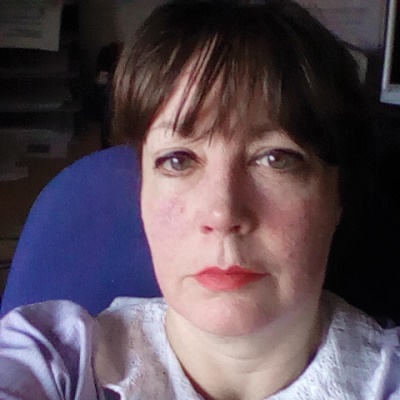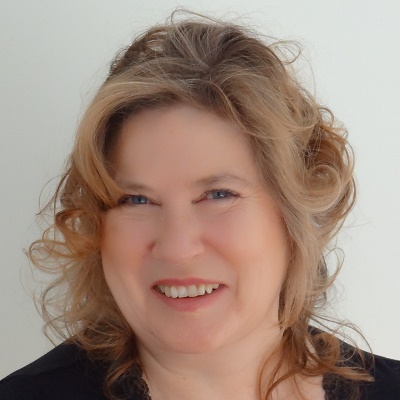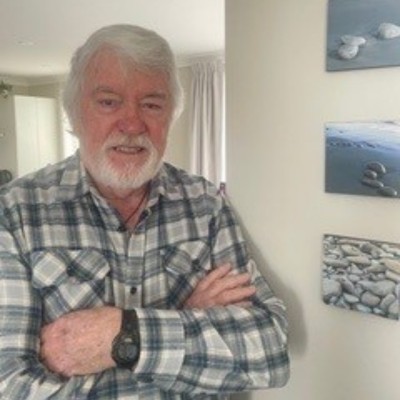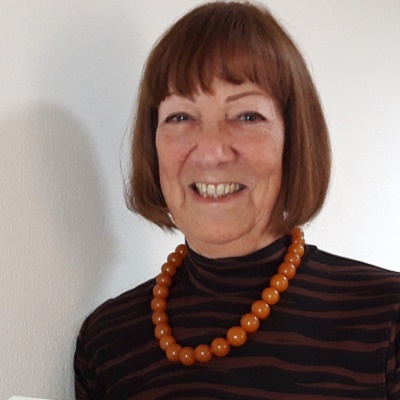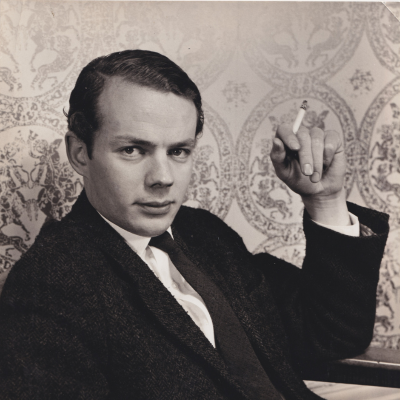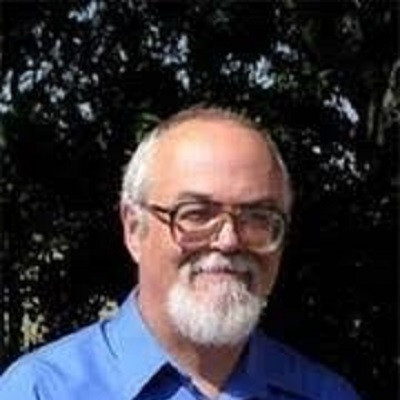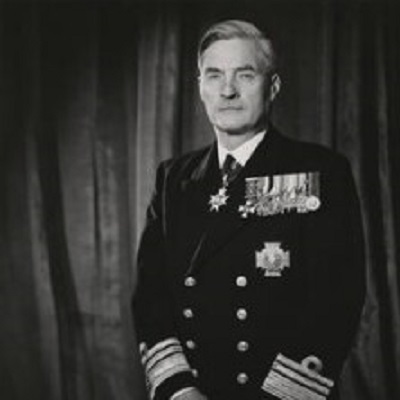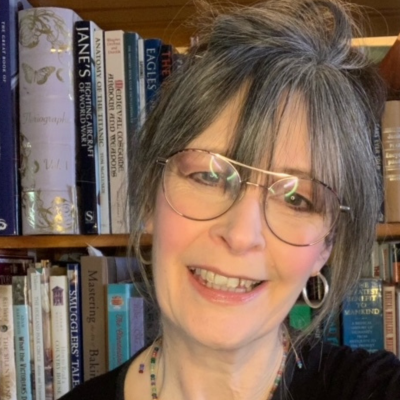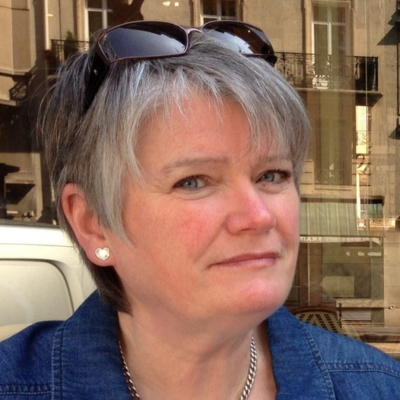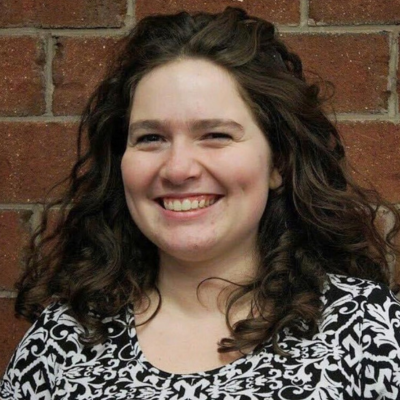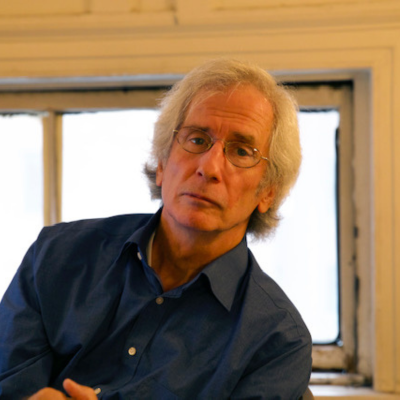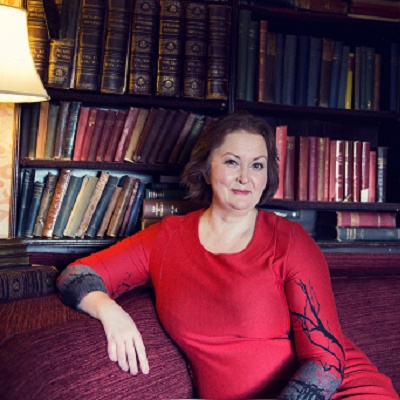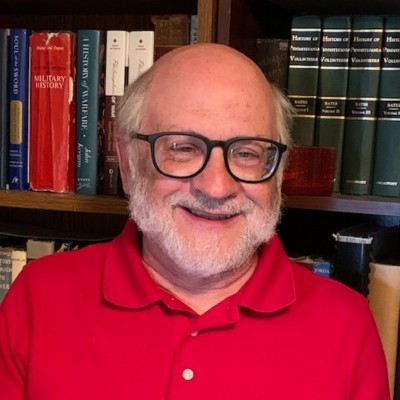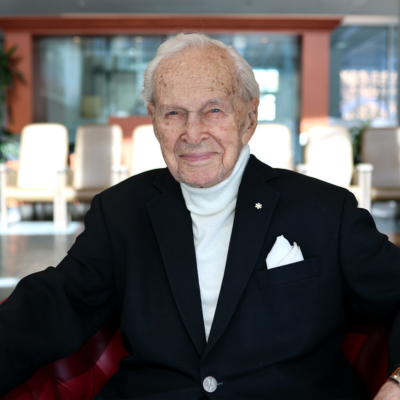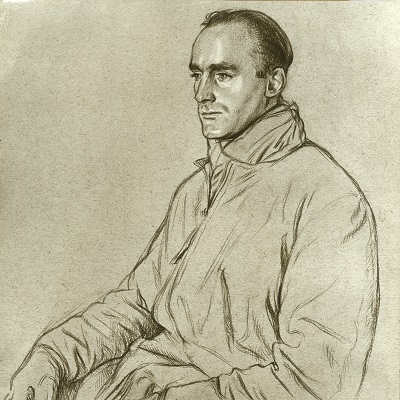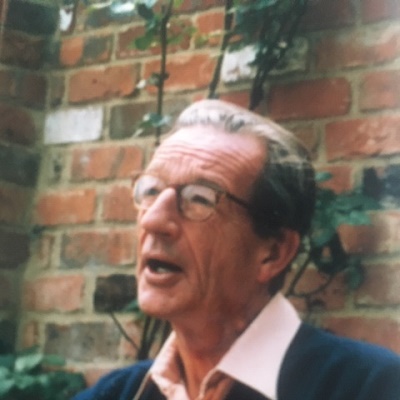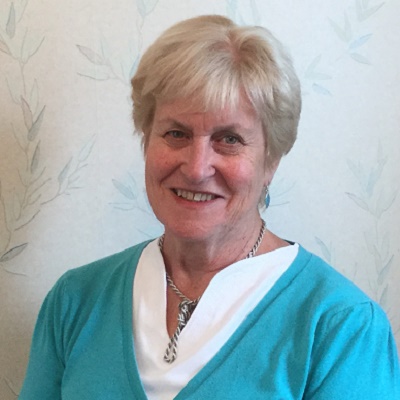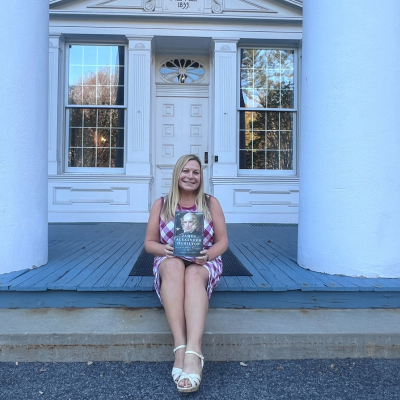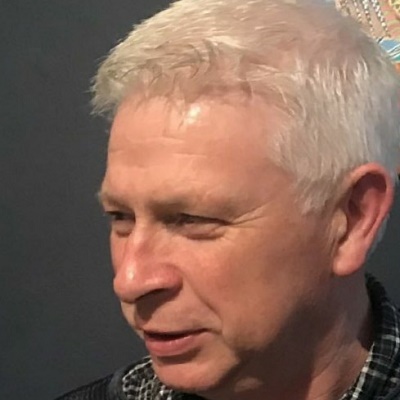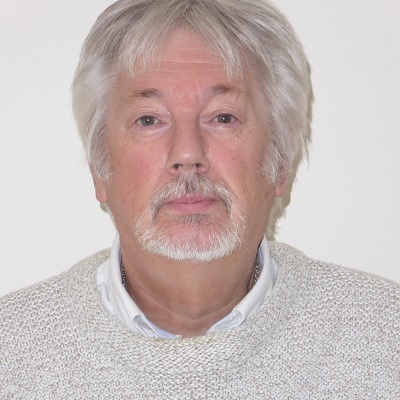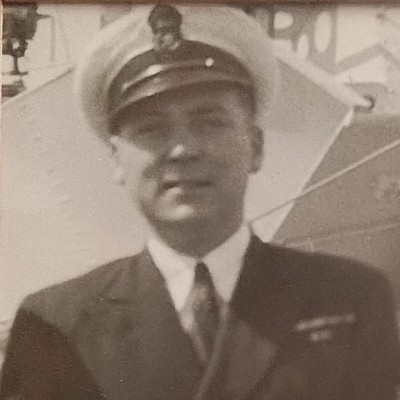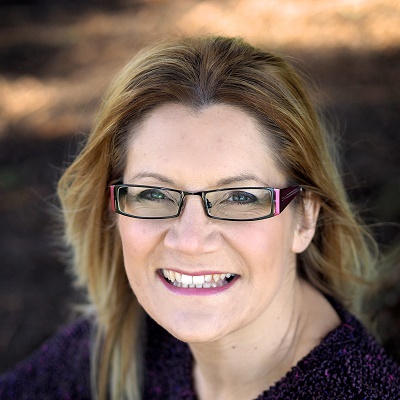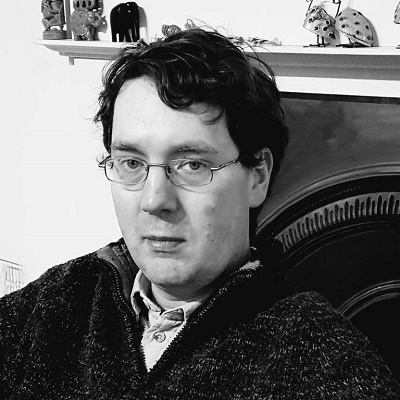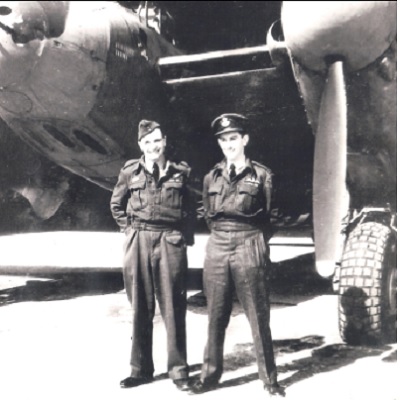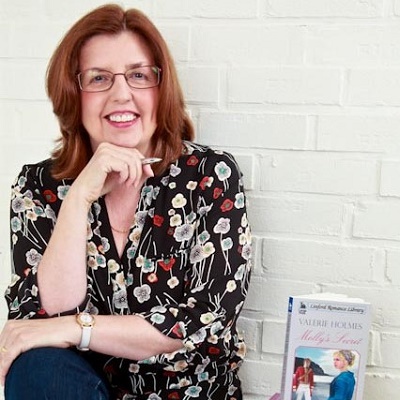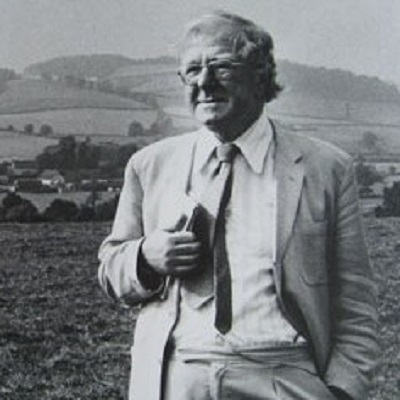Meet Our Authors
Abraham Kawa
Get in touch
You can follow Abraham on X.Adele Jordan
Get in touch
Check out Adele's website, X and Facebook.Adrian Vincent
Alan Williams
Alexander McKee
Alexandra Walsh
Get in touch
You can contact Alexandra Walsh on Twitter or check out her website.Alice Chetwynd Ley
Alis Hawkins
Get in touch
You can contact Alis through her website and follow her on Facebook and X.Alistair Forrest
Get in touch
Connect with Alistair by signing up to his newsletter or visiting his website.Alistair Tosh
Amy Licence
Angela Ranson
Anthony Galvin
Get in touch:
You can check out Anthony's website or follow him on Facebook.Anthony Palmiotti
Anthony Richardson
Aola Vandergriff
Austin Hernon
Ava McKevitt
Get in touch
You can get in touch with Ava via Instagram.Bobby Oxspring
C. C. Humphreys
C. E. Lucas Phillips
C. F. Dunn
Contact
You can find Claire on Instagram, on Facebook at CF Dunn and on her website.C. P. Giuliani
Get in touch
You can get in touch with C. P. Giuliani on her website or follow her on X.C. V. Chauhan
Cara Clayton
Carlo Gibbs
Carolyn Banks
Cathy Wallace
Get in touch
You can find Cathy on Instagram.Cecil Beaton
Charles Whiting
Charlie Garratt
Chaz Bowyer
Cheryl Sawyer
Get in touch
Visit Cheryl’s website to stay up to date with her news and latest releases.Christine Evans
Christopher M. Cevasco
Get in touch
Check out Christopher's website, Facebook, and Bluesky.Claire Gray
Get in touch
Follow Claire on X to keep up with her news.Clare Hawkins
Get in touch
You can get in touch with Clare on her website or follow her on wivenhoewriters.blogspot.com.Coirle Mooney
Cora Harrison
Get in touch
Get in touch with Cora through her website.D. R. Bailey
Get in touch
You can get in touch with D R Bailey on his website or follow him on Facebook and X.Dan Donato
Get in touch
Visit Dan's website or follow him on X, Instagram and Facebook.Daniel Colter
Get in touch
You can learn more about Daniel’s books on Facebook.David Clensy
Get in touch
You can check out David's website or follow him on Facebook, X, Bluesky, Instagram and Threads.David Downie
David Field
Get in touch with David
You can contact David through his website or via Facebook.David Mackenzie
David Smiley
Donald Macintyre
Donna Gowland
Doreen Tovey
Coming soon
Sapere Books are delighted to be reissuing Doreen's books, beginning in 2018. We currently have plans to republish seven of Doreen's books, charming tales of life surrounded by various pets, most importantly, cats. We are happy to announce that all author proceeds from the sales of Doreen's books will go to the North Somerset branch of the RSPCA.Doris Leslie
Dorothy Mack
E. R. Chamberlin
Edward Wake-Walker
Elizabeth Bailey
Elizabeth Lemarchand
Eric Helm
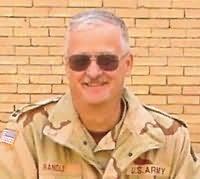 Kevin D. Randle is a retired Army lieutenant colonel who served in Vietnam as a helicopter pilot, accumulating more than 1100 hours of combat flight time. In 2003 he deployed to Iraq as an intelligence officer. He served on active duty with the Army and later the Air Force. He was a member of the Iowa National Guard on his deployment into the Middle East. He retired from the National Guard in 2009.
He is a graduate of the University of Iowa, has advanced degrees from California Coast University and American Military University. He has taught classes at both the community college and the university level.
Randle is the author of dozens of books about the military, drawing on his own experiences as a soldier in a combat environment. He has also written nonfiction books about UFOs as well as science fiction. He teamed with Bob Cornett in the 1980s to create the Vietnam Ground Zero series as well as write many science fiction novels.
He makes his home in Iowa where, if nothing else, the seasons change and sometimes the sun shines.
Bob Cornett
Kevin D. Randle is a retired Army lieutenant colonel who served in Vietnam as a helicopter pilot, accumulating more than 1100 hours of combat flight time. In 2003 he deployed to Iraq as an intelligence officer. He served on active duty with the Army and later the Air Force. He was a member of the Iowa National Guard on his deployment into the Middle East. He retired from the National Guard in 2009.
He is a graduate of the University of Iowa, has advanced degrees from California Coast University and American Military University. He has taught classes at both the community college and the university level.
Randle is the author of dozens of books about the military, drawing on his own experiences as a soldier in a combat environment. He has also written nonfiction books about UFOs as well as science fiction. He teamed with Bob Cornett in the 1980s to create the Vietnam Ground Zero series as well as write many science fiction novels.
He makes his home in Iowa where, if nothing else, the seasons change and sometimes the sun shines.
Bob Cornett
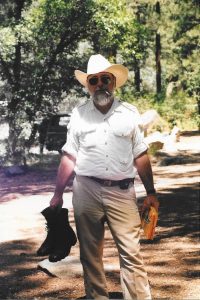 Bob Cornett (18 November 1952–1 April 2022) was a prolific author of science fiction, military, and adventure fiction.
He was born in a small town in Iowa no one had ever heard of. Growing up, he developed an appreciation for hunting and fishing.
At the University of Iowa, Bob worked for Dr James Van Allen and learned to fly under the AFROTC program. He served in the military as a Marine and worked as a fire-medic, private investigator, and a junior college instructor in both creative writing and EMS, among other positions.
Bob made his home in New Mexico where he enjoyed shooting, ham radio, and retirement, when his three dogs and his cat would let him.
Bob sadly passed away on 1 April 2022. His friend and co-author, Kevin D. Randle, remembers Bob here.
Bob Cornett (18 November 1952–1 April 2022) was a prolific author of science fiction, military, and adventure fiction.
He was born in a small town in Iowa no one had ever heard of. Growing up, he developed an appreciation for hunting and fishing.
At the University of Iowa, Bob worked for Dr James Van Allen and learned to fly under the AFROTC program. He served in the military as a Marine and worked as a fire-medic, private investigator, and a junior college instructor in both creative writing and EMS, among other positions.
Bob made his home in New Mexico where he enjoyed shooting, ham radio, and retirement, when his three dogs and his cat would let him.
Bob sadly passed away on 1 April 2022. His friend and co-author, Kevin D. Randle, remembers Bob here.Frances Garrood
Francis De Guingand
Frank H. Shaw
Frederick James Hodges
Gail Lindenberg
Get in contact with Gail
You can contact Gail and read more about the background of her book on her website.Geoffrey Davison
Gilbert Hackforth-Jones
Graham Brack
Get in touch
You can get in touch with Graham on his website.Graham Ley
Get in touch
You can check out Graham's Facebook page or website here.H. M. Denham
Helen Cathcart
Herbert M. Schiller
Hubert Essame
Ian Mackersey
Irving A. Greenfield
Isolde Martyn
J. C. Briggs
Get in touch
You can check out J. C. Briggs's website or follow her on X and Facebook.J. L. McWilliams
Jacquie Rogers
Get in touch
Jacquie’s Substack newsletter, YouTube channel, magazine articles and social media can all be accessed from Linktree.James A. Crutchfield
Jean Overton Fuller
Jean Stubbs
Jeff Jones
Get in touch
You can get in touch with Jeff on his website or follow him on Facebook.Jennifer Bruton
Jenny Glanfield
John Adair
John Bagot Glubb
John Bowle
John Golley
John James
John Vader
John Wingate
John Winton
John Wooldridge
Jonathan Eyers
Get in touch
You can contact Jonathan via X, Bluesky or his website.Jules Larimore
Julian Barr
Justin Fox
Kate Dunn
Kate Robertson
Keith Moray
Get in touch
You can check out Keith's website or follow him on Facebook and X.Kim Fleet
Get in touch
Kim welcomes visitors to her website.Kristi Ross
Laura Karim
Laura Martin
Get in touch
You can get in touch with Laura on her website or follow her on X, Facebook and Instagram.Len Levinson
Leo Heaps
Lewis Cox
Linda Stratmann
Get in touch
You can get in touch with Linda on her website or follow her on Facebook, X and Instagram. See a full list of Linda’s books on Goodreads. Sign up to her newsletter to hear about Linda's news and exclusive content.Lynne Reid Banks
Lynne Reid Banks (31 July 1929–4 April 2024) was the author of ten acclaimed adult novels as well as many much-loved books for children.
She was born in London, the only child of a Scottish doctor and an Irish actress. During the Second World War she was evacuated to the prairies of Canada where she spent five years. After studying at RADA in the late 1940’s she became an actress and later joined ITN to become one of the first women TV news reporters in Britain. Her first novel, The L-Shaped Room, was published in 1960 and caused outrage in more conservative quarters for its portrayal of a an unmarried mother-to-be who is thrown out by her father and has to live in the L-shaped room of the title. The novel was later adapted for cinema by the legendary Bryan Forbes and brought great critical acclaim.
In the early 1960's she went to live in a kibbutz in Israel with her husband where she taught English. In 1971 she brought her family back to London where she continued to write for adults and children, including her classic children’s novel The Indian in the Cupboard, which has sold more than ten million copies worldwide and was made into a highly successful feature film.
In 2013 Lynne won the prestigious J.M. Barrie Award ‘in recognition of a lifetime’s achievement in delighting children’.
M. J. Logue
Get in touch
M. J. Logue can be found on X, lurking on the web at asweetdisorder.com, and posting photos of cake, cats and extreme embroidery on Instagram.Marilyn Todd
Get in touch
You can get in touch with Marilyn on her website.Mary Burchell
Michael Burr
Get in touch
Visit Michael’s website to stay up to date with his news and latest releases.Michael Fowler
Get in touch
You can follow Michael on X.Mollie Hardwick
Natalie Kleinman
Get in touch
You can get in touch with Natalie on her website or follow her on Facebook.Neil Denby
Nicholas Luard
Nicholas Luard (1937–2004) was a novelist, travel writer, politician and conservationist whose early years spent in Tehran and Kenya influenced much of his work as a writer. A first-class English degree from Cambridge and a friendship with Peter Cook led to a prominent role in the satire movement of the 1960s and ownership of Private Eye.
As an athlete, Luard boxed for the Army — described as “a tough little sod, and stroppy with it” — during National Service in the Coldstream Guards. In 1956, he was given unpaid army leave to join a secret operation assisting Hungarian refugees escaping into Austria, experience that led to the publication of his first thriller, The Warm and Golden War.
In 1970, Luard moved with his wife, cookery-writer Elisabeth Luard, and their young family to southern Spain, where he found inspiration for another five thrillers and a travel-book, Andalucia. His non-fiction includes The Last Wilderness, a journey across the Kalahari desert, and The Field of the Star, a pilgrimage to Santiago. Adventure novels include Gondar, Himalaya and Silverback.
Luard ran for Parliament as an Independent. As a conversationist, he co-founded, with Olympic gold-medallist Chris Brasher, the John Muir Trust and set up the first London Marathon.

